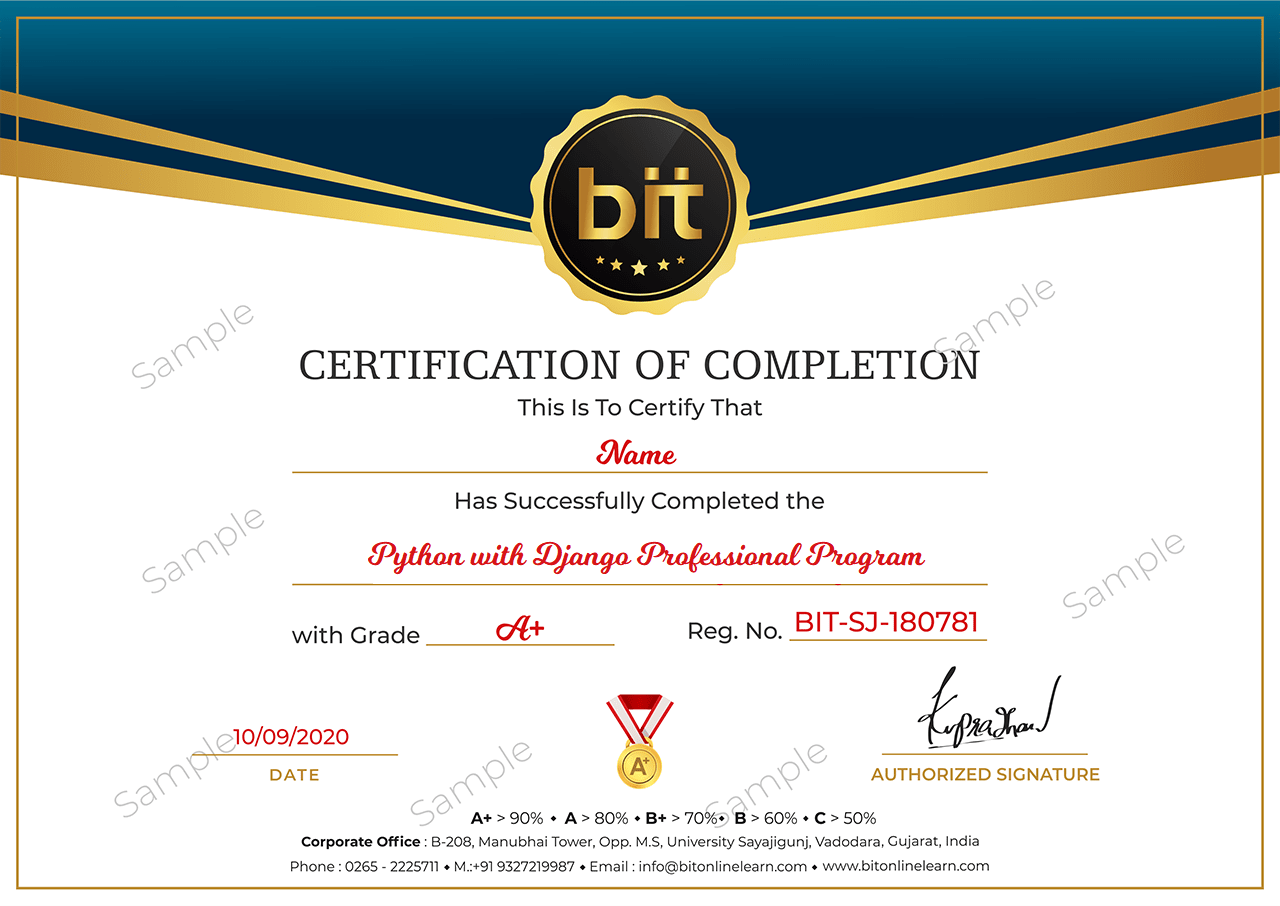· Installations
· History of Python
· Why to use Python?
· Starting Python
· Interpreter PATH
· Using the Interpreter
· Running a Python Script
· Python Scripts on UNIX/Windows
· Python Editors and IDEs
· Using Variables, Keywords
· Built-in Functions
· Strings, Different Literals, Math Operators and Expressions
· Writing to the Screen
· String Formatting
· Command Line Parameters
· Practical Exercise










